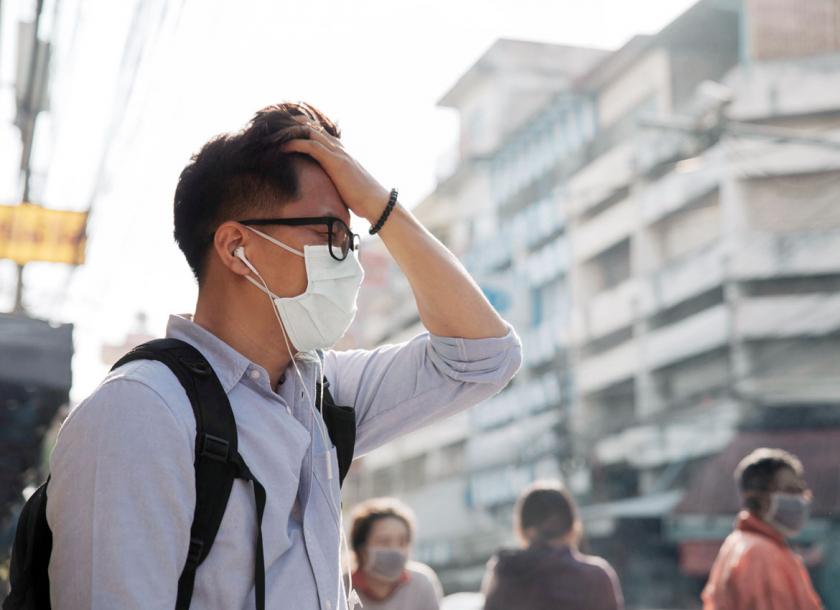Mental health speakers help facilitate significantly, but often challenging, conversations around a subject that affects all of us. COVID-19 has provided a landmark moment for mental wellbeing and healthcare in many respects. The epidemic has generated anxiety for the entire population’s physical and behavioural well-being, erasing the stigma associated with mental health. Everyone is looking for new ways to relax and manage their emotional and mental well-being because of the confusion surrounding everyday life, anxiety, and tension that comes with the relentless tide of the news, and the alienation induced by social isolation. Some experiment with yoga and meditation, others learn new skills or discover new ways, even virtually, to spend time with friends.

Stress during the outbreak of a pandemic can include:
- Fear and consideration for your own health and your loved ones’ health
- Changes in habits of sleep or eating
- Sleeping or concentrating problems
- Worsening of chronic health issues
- Increased intake of alcohol , tobacco, or other medicines
Mental health speakers describe and discuss how mental well-being during COVID-19 can be handled.
Leading social innovators who are pioneers in the area of mental health and healthcare recommend the following in order to learn about ways to cope with this tension and how to help others.
- After you wake up, make your bed, shower, shave, eat your meal, etc. Implement the same habits as you would on every other day (before the crisis).
- Give yourself a fixed number of hours to work, including 20- to 30-minute naps if needed, and allow yourself to take short breaks.
- It is appropriate to engage in an activity that is completely different, such as cooking, doing household chores or listening to music, in order to turn off from work.
- Take breaks from news reports. Set aside time periods every day during which you close your streams of news and social media and turn off the TV. Give yourself some time and space for other things to think about and reflect on.
- Take note of your physique. Take deep, stretching, or meditating breaths. Try eating nutritious, well cooked food, do some physical exercise everyday, sleep full night, stop alcohol and drugs.
- Create time for you to unwind. Try to indulge in sports you love and hobbies. An significant outlet for enjoyment, fun, and imagination is to participate in these activities.
- Communicate with others. Speak about your problems and how you are feeling with someone you trust. When you are unable to see them in person, digital platforms will help keep you linked with friends, family , and neighbours.
- Set goals and expectations. Determine what needs to be achieved and what can wait. Priorities can adjust to reflect changes in timetables and routines, and that’s all right. At the end of the day, consider what you have done.
- Concentrate on the truth. It will make an outbreak less stressful to share the truth about COVID-19 and consider the real danger to yourself and the people you care about.
Who is particularly vulnerable and what can you do to help them?
Although self-isolation may be difficult for us all, certain groups, including those experiencing child abuse or domestic violence, are more vulnerable to its possible negative effects. It is important to look out for those who earn money in the daily waging payment employment or those who face potential job and livelihood losses. At this time people who are healing from addiction and other mental health problems are also particularly vulnerable. Sharing accurate details about the issue and raising consciousness about the implications and services of mental health to support those in need.
If you know someone who needs professional help in Charlotte, counselling at Craig Counselling has shown positive results. So get in touch with them today!
